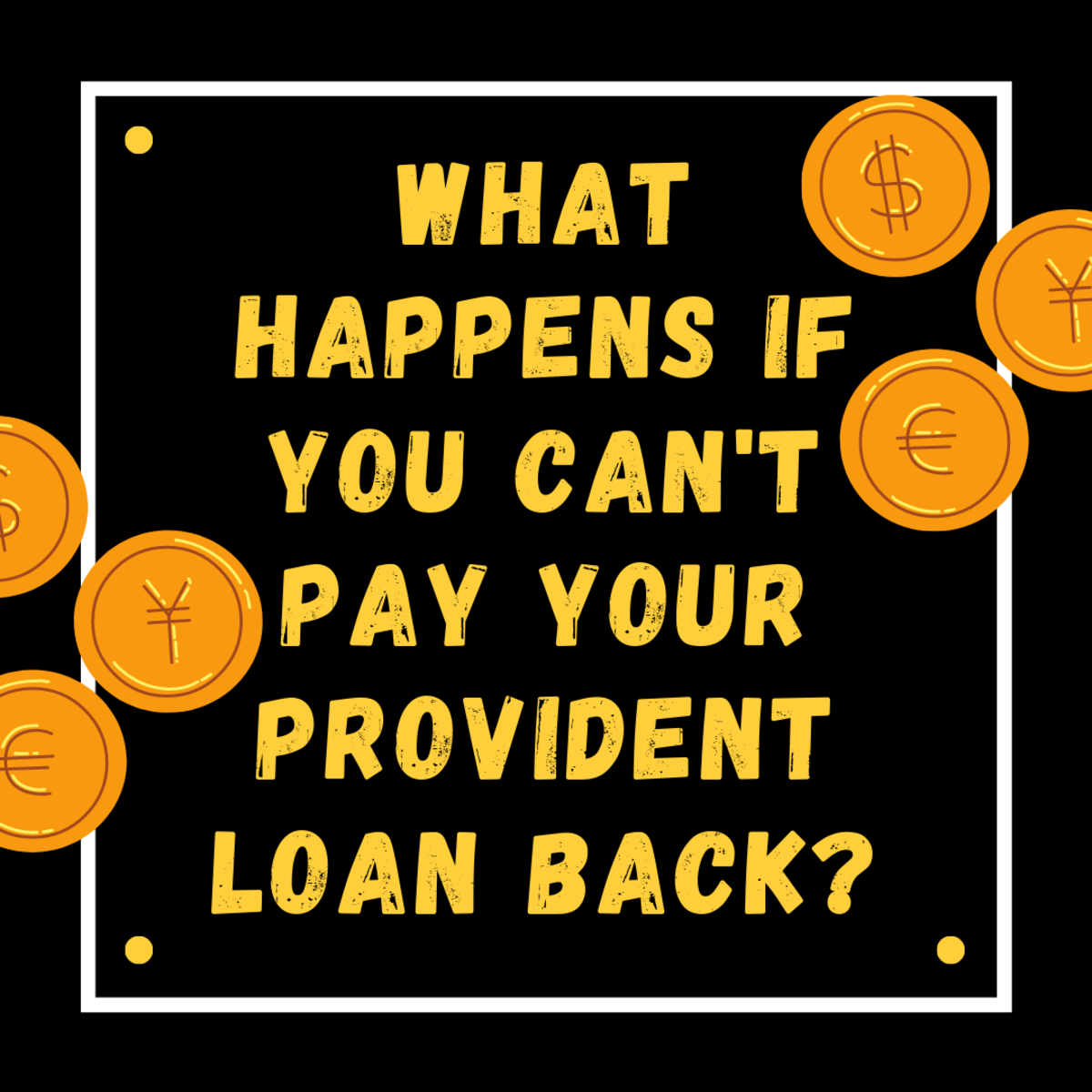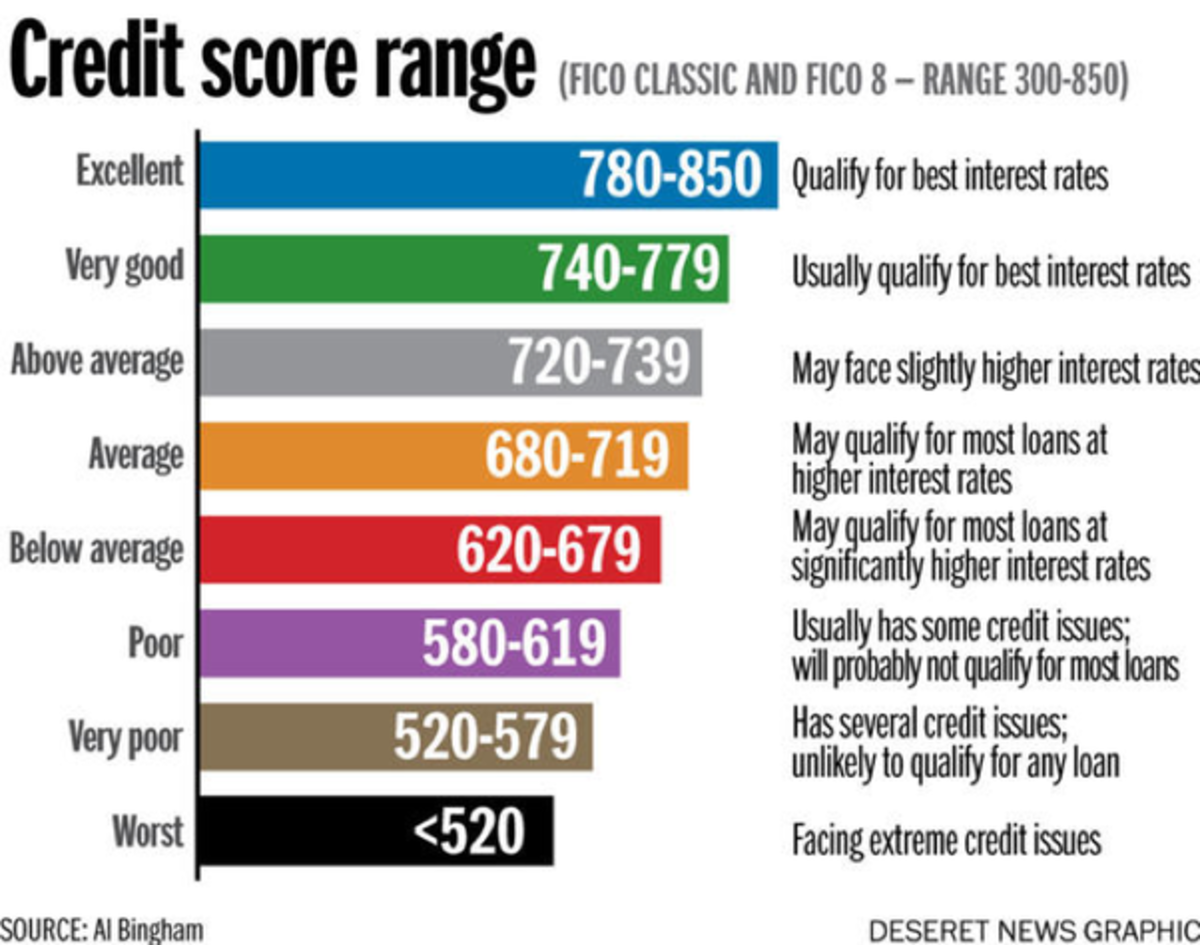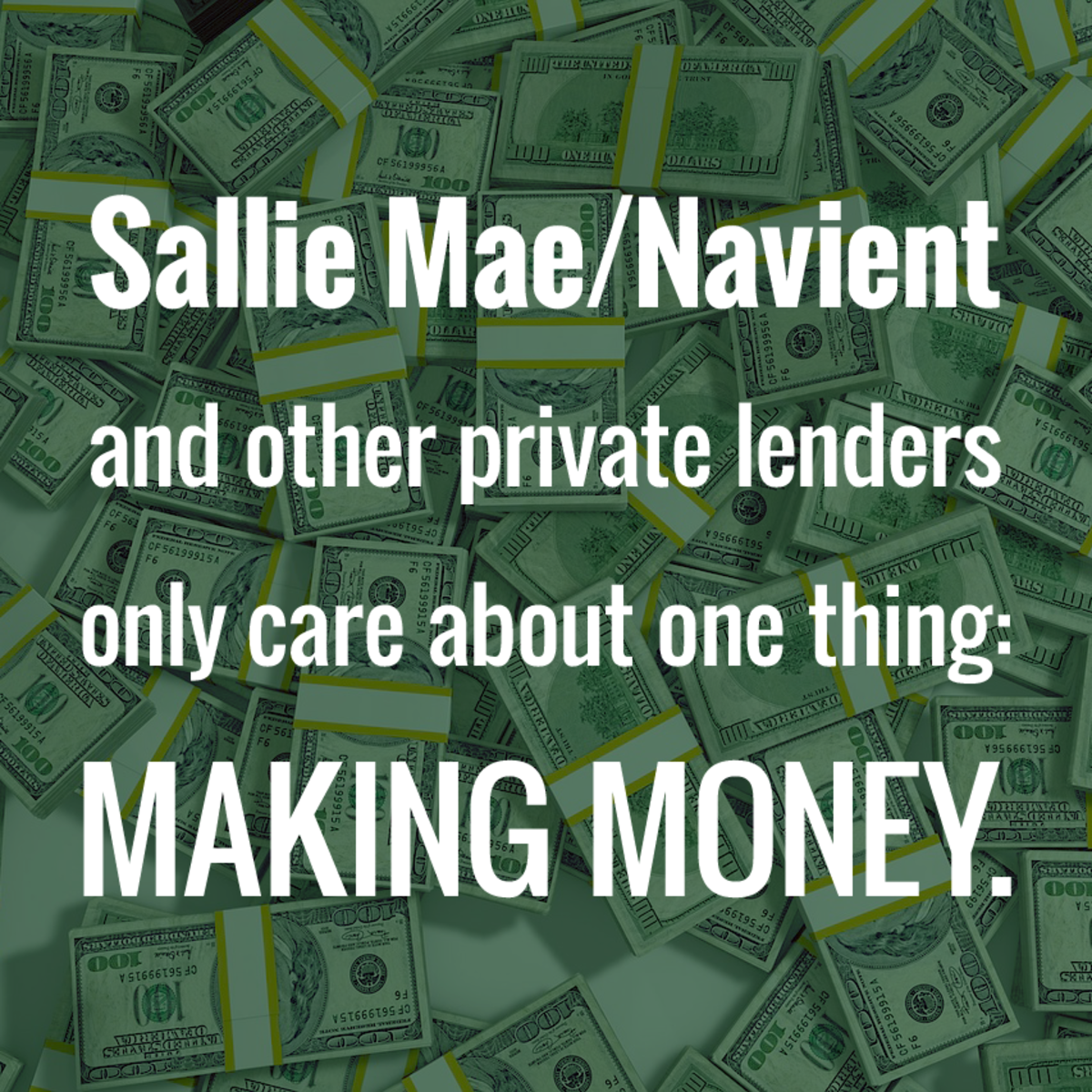Paying Off Debt - Some Practical Tips From Someone Who Knows

Look For Small Victories or You'll Lose Your Mind
I will start with my qualifications on this topic. I'm a 30-year-old practicing attorney earning a solid, albeit unspectacular salary. I am, at times barely, able to scrape by supporting my family of 5 on Long Island, which is one of the most expensive places to live on the planet. I'm a renter, as paying off my various debts makes the prospect of home ownership a "pipe dream" for me at this point in my life. With my wife currently a stay-at-home mother by day, and a law student by night, my salary is our family's sole source of income. Maybe things will change when she graduates and enters the workforce, but right now my paycheck is just enough to cover rent, utilities, and, of course, paying off my debt.
If you're anything like me, at times you feel totally helpless and powerless to ever reach the proverbial "light at the end of the tunnel" and escape the nightmare of living with crippling debt. After graduating law school, i had accumulated a staggering $140,000 in student loan debt, and I currently owe over $3,500 in credit card debt and over $7,000 on a private loan my wife and I took out to cover expenses from our recent wedding. So, I know what paying off debt while living paycheck-to-paycheck is like. As much as i try to follow the sage advice of commentators like Suze Orman, I often find her advice to be totally unrealistic, and even literally impossible in many respects. I'm sorry Suze, I do not currently have the ability to sock away into savings 6 months' worth of my family's cost of living for an "emergency fund".
I believe that the most important thing people in our situation need is a broad plan to get to where you're able to - at long last - pay off your staggering debts. This plan should contain certain very specific goals and benchmarks you want to reach along the way. Having a broad, general plan for paying off your debts gives you an "end-game" to aim for, and reminds you that one day I will get to where I want to be. On the other hand, having more specific, shorter-term goals and benchmarks will give you satisfaction as you knock off one accomplishment at a time.
My broad goal is to pay off my student loans from law school. Along the way, I've set mini-benchmarks that I want to achieve. For example, my private and Federal loans from law school are "consolidated", and I can review my account online. I can look at the statement and have a general idea of, a year from now, how much I will still owe on my Federal and private loans. Then what I try to do is say "if I make additional payments online of $10 here, $20 there, I can pay off an additional $750 of principal this year on my private loan." Since my monthly loan pay-off breakdown is approximately $750 to the private portion of the loan, and $300 to the Federal portion, by doing this I've essentially shaved a full month's payment. If I keep doing this each year (hopefully increasingly so as my salary increases over the years and my wife enters the workforce), I will have paid off my loan a few years early!
I also look for "small victories", like "wow, after next month's payment clears, I will owe under $45,000 on the private portion of my law school loan, 45K is a nice benchmark!" You need to do things like this to stay sane. At least I do, I suppose.
If you look at paying extra amounts towards your student loan as a form of savings, it can't be beaten. What I mean is this: if you took that same sum of money you throw at your private student loan in dribs and drabs into a savings account, you'd earn essentially nothing. On the other hand, the interest rates earned by the lenders on your private loans are absolutely insane! The more principal you pay off on your student loans, the less interest you forfeit to the lender.
I also recommend attacking smaller debts first, such as in the case of the $3,500 I owe on my credit card. Granted, this will take me about a year to get paid off (because I will probably have to use it for groceries and/or gas from time-to-time when things get tight). However, if and when I get this sucker paid down - again, let's say a year from now for argument's sake - I will not only have lower balances due on my student loans and my private loan from simply making the monthly payments (plus $10 here and $20 towards my student loan), I will also have two big creditors weighing down on me, rather than three. Even "small victories" like this can take some weight off your shoulders. Also, with fewer targets, your efforts to make additional payments towards your debts will become more focused. I can take the monthly payments I was making towards the credit card and apply those towards making extra payments towards the private portion of my student loan.
Finally, when dealing with crippling debt and living paycheck-to-paycheck, you also need to do some planning for the future. However, I'm sure a lot of people in my situation find that simply throwing money into regular savings account often results in setting lofty goals of setting large amounts aside into savings, only to find yourself raiding that savings as soon as times get tight. That's the problem with regular savings accounts, they're basically temporary dumping grounds for money that you know you're going to have to raid if you plan on actually paying off your debts while simulaneously "getting by" and paying your ongoing costs of living. On the other hand, opening up an IRA (I suggest a "Roth" IRA), and putting even a small amount each month into it, will not only slowly build a "nest egg" for your eventual retirement, it will also give you the peace of mind that - even though your current situation often feels hopelessly weighed down by your debt - you're doing something smart and socking money away. Unlike a savings account, it is much harder (and far less desirable) to draw money out of your Roth IRA in a pinch. In addition, putting a mere $25 a month into an IRA will actually do something for you someday, whereas putting that into a Savings account feels useless.
Please let me know in the "Comments" section what you think, and what additional tips you have in paying off your crippling debt!
You can at least try to do SOME of the things she suggests!
Excellent but often impossible to completely follow advice from Suze
Directly adjacent is a link to one of Suze Orman's newer books. I haven't read it, but to the extent that I have established various smart financial practices, I credit her advice that I gleaned in my mid-20's from one of her earlier books. This one really piques my interest, as the title clearly indicates that it is specifically-tailored advice for "the young and fabulously broke," which might be a reference to, say, 80% of American youth these days!
And remember, you never want this guy, Irwin R. Schyster (aka the "IRS Wrestler"), coming after you!










